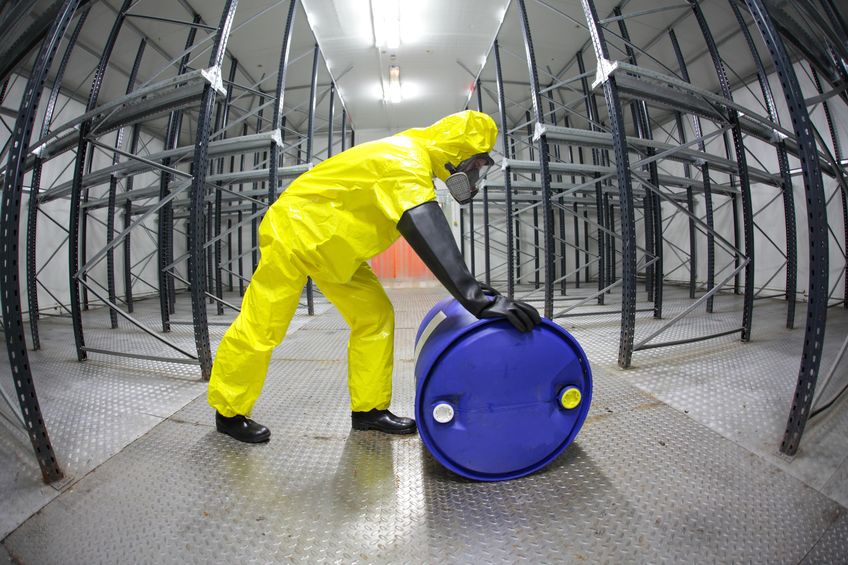Commercial and Industrial waste is produced by industrial activities by factories, plants, mills and mines. Toxic waste, chemical waste, hazardous waste and Industrial solid waste are pollutants that do irreparable damage to the environment. Industrial waste management is the process of collecting, transporting, processing and recycling of these materials to reduce landfill spaces. Local companies like Express Recycling and Sanitation in New Jersey provide industrial recycling to reduce your liability towards the community and environment.
Disposal Methods
Landfill – This involves burying waste to dispose it off, often in abandoned areas. Traditionally it carries many hazards to the environment. A well-managed landfill can be hygienic and an inexpensive way to disposing of industrial waste.
Incineration – This method involves combustion of commercial waste. It is commonly used to dispose hazardous waste materials. It is highly controversial though, as incineration leads to emission of gaseous pollutants like CO2 which pollute the environment.
Recycling Methods
Physical Reprocessing – This involves collection and reuse and of industrial waste materials such as industrial transformers, grease interceptor trap waste, used oil filters, large containers. Raw materials from these wastes are collected for further processing.
Biological Reprocessing – Organic waste materials can be recycled using biological composting and digestion process. Examples include plant material, mineral wastes and soil wastes. Recycling organic waste releases gases like methane which can be used to generate electricity.
Energy Recovery – The energy content of waste materials can be used as combustion fuel or processing them into another type of fuel. Recycling involves thermal treatment where waste is used as a fuel source for cooking or heating, or for boilers to generate steam and electricity.
Composting – This involves refusing degrading organic waste by aerobic microorganisms. In refuse, materials are removed that cannot be composted to improve the efficiency of the decomposition process. Refuse is then deposited in mechanical techniques, where it is biologically degraded to total nitrogen, phosphorus and potassium content. After three weeks, the product is ready for curing, blending with additives, and marketing.
Why Recycle?
Recycling carries various benefits. It helps reduce the landfill spaces and greenhouse gas emissions that pollute our air, water and environment. It conserves energy by reusing components of industrial waste to make new products. Recycling also conserves natural resources by reusing these components instead of extracting, refining and processing raw materials from earth. Contact us today to help you get started with the go green initiative.
Connect with us: Facebook – Twitter – LinkedIn – YouTube – Google +

